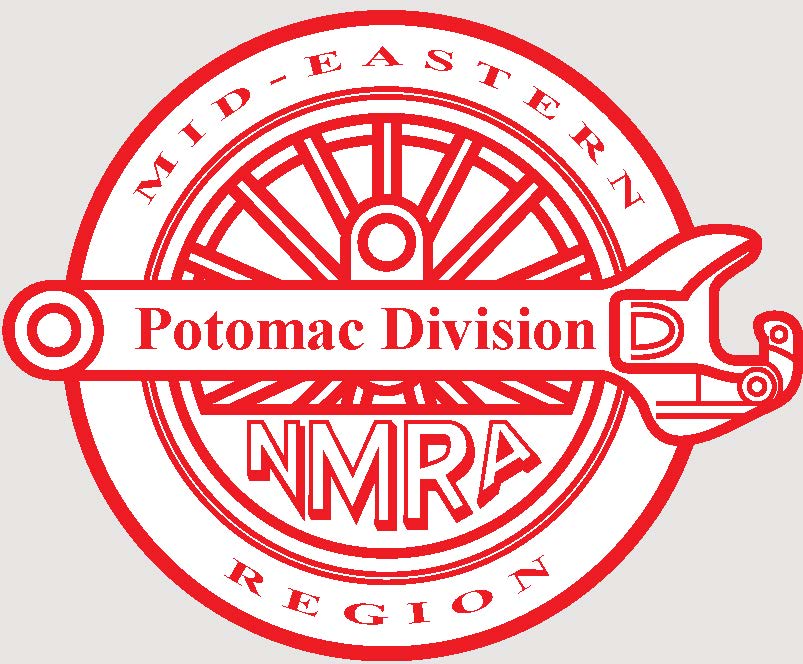


These Special Interest Reports, which have appeared in the
Potomac Flyer,
are of lasting value.and interest.
Insurance
for
Your Model Railroad — by Marshall Abrams
Estate Planning for Model Railroaders — by Marshall Abrams
Perishable Freight — By Mike White, Edited by Randy Ghertler
Most model railroaders never think about insurance. This report will
help you to determine whether your homeowners’ insurance
sufficiently covers your model railroad. Resolution will require
some data gathering and decisions on your part:
- What coverage does your homeowners' policy provide?
- What are the components (e.g., motive power, rolling stock, structures, scenery, benchwork, scenery, structures, wiring, track, power and control electronics), of the railroad worth?
- What is your subjective assessment of the risk?
- Are you going to include repair labor in the insurance?
Estate Planning for Model Railroaders — by Marshall Abrams
This report presents advice on disposal of a model railroad for
model railroaders who wish to dispose of their model railroad
assets. This should be part of estate planning. Topics include:
priorities, inventory and value, high value items, written
instructions, planning for layout disposition, selling, scenarios,
fees, professional services, and using eBay.
Perishable Freight — By Mike White, Edited by Randy Ghertler
The focusis the use of waybills in perishable freight operations.
The information provided will take you deep into the regulations
behind perishable freight waybilling and provide guidelines for use
of realistic waybills in model railroad operations. To develop a
scheme, take into account the region the railroad is set in, what
agricultural products are grown and produced, the era, the season,
and what car types would be used. The opportunities include
waybilled icing and re-icing, which can greatly enhance operational
realism and enjoyment.
Mat candidly discusses how to best score points in the NMRA
achievement program for modeling cars and structures. The lessons he
shares go deep into the point methodology of the AP Judging
Guidelines for Motive Power, Cars, and Structures. Some very fine
modeling work could end up with a low point score from not
understanding the nuances of the point scoring systems. The benefit
of scratchbuilding to increase point count is addressed.